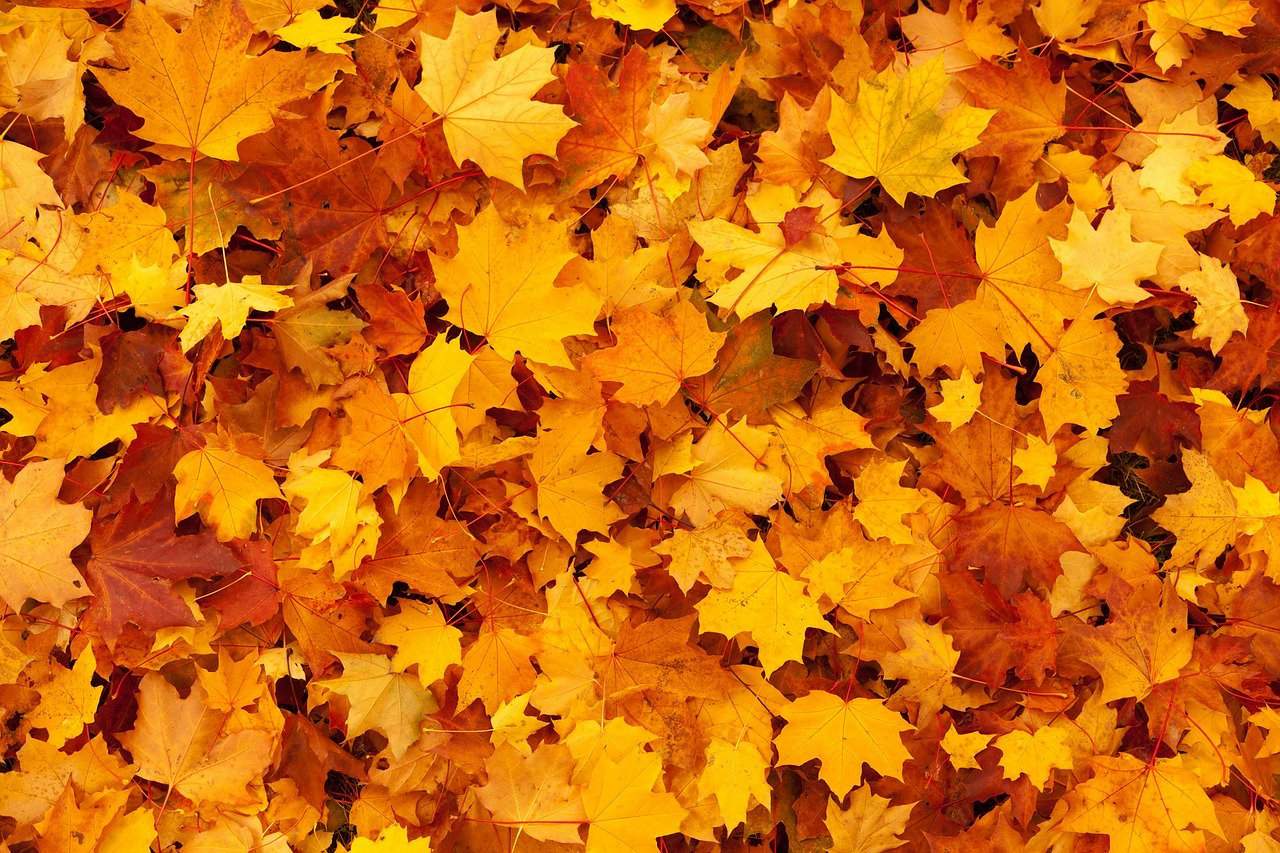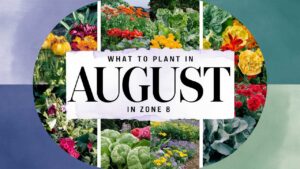Let me ask you a question. When fall comes around, and the trees begin to shed their leaves, what is it you see on your gardens? Chances are you’ll either give me a blank look or say leaves, “leaves is what I see.” You’re right, of course, but I see more, I see the potential. I see the opportunity to put these leaves to use, because, and you may not be aware of this, you can use those fallen leaves as mulch on your garden.
Is Using Leaves as Mulch Good or Bad?
Not only is using leaves as mulch good, but it’s also natural, making it a more environmentally friendly choice than that of chemical fertilizers. Now, before you get too excited and start tossing bag fulls of leaves all over your lovely garden, there are certain things you need to know.
Leaf Mulch Benefits
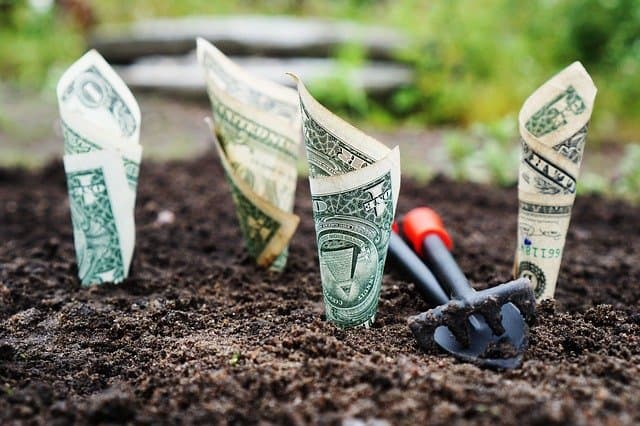
There are numerous benefits to using leaves as mulch in vegetable garden and flower beds including creating a useful barrier against those bothersome weeds. While keeping the weeds at bay, leaf mold is also busy at work protecting plants by safeguarding soil temperatures due to their insulating properties, meaning warmer soil in the winter and cooler soil in the summer.
You’ll also find you no longer have to fertilize your garden so often as your soil fertility will improve considerably as the leaves begin to decompose. It’s not only fertilizer that you’ll save on; you can add water to the list. Because the leaves help retain the moisture in the soil, it means less irrigation is needed. Oh yes, it’s also nutritious food for earthworms, and we all know the benefits these slithery creatures bring to our soil.
Leaf Mulch vs Wood Mulch
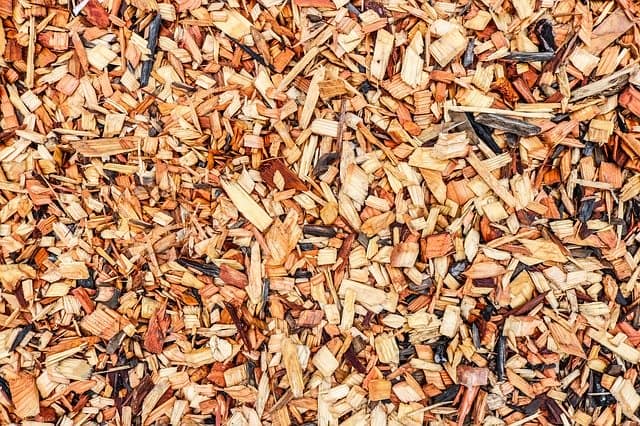
The lighter weight of leaf mulch has its benefits as well as its drawbacks. Windy conditions mean the leaves are likely to blow away if not correctly positioned. This is not to say wood mulch cannot be blown away as well, although less likely to do so, unlike leaf mulch, if it does, it’s more likely to cause damage to smaller plants because of its overall density.
We spoke about earthworms previously. These are more likely to stay in your garden when using leaf mulch compared to wood mulch because of the beneficial nutrients in the leaves. Although wood mulch is going to last longer, we tend to use the leaves more in the colder months for insulating and keeping our plant’s safe form the cold and wind, meaning the leaves’ shorter lifespan is of little concern.
Leaf Mold vs Compost
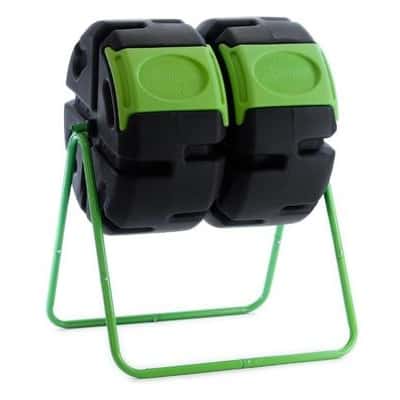
Leaf mold and compost contribute significantly to our gardens in their own way. Compost is often dug into flower beds or used directly around plants and is also an excellent accelerant in helping new seeds and plants grow. Leaf mulch, on the other hand, generally sits on top of the soil, creating a blanket of protection that helps retain moisture and reduces the risk of weed germination.
Of course, you could make your own leaf compost by burying leaves in the garden. Just dig a hole and bury the material and forget about it. Within six months or so, the leaves should have decomposed.
Are Leaves Good for the Garden?
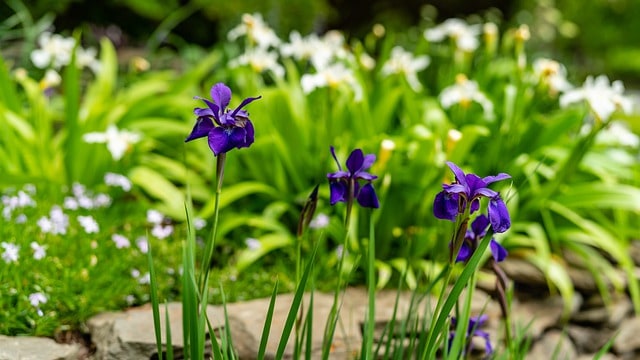
It’s quite apparent now that yes, leaves certainly are good for a garden, but there are still a few questions to be answered like, are fallen leaves good for the garden? There are certain things we need to do if we’re going to reap the full benefits of using leaf mulch on our gardens.
It’s not quite as simple as dumping leaves all over our precious flower beds, which can sometimes cause more harm than good. It would be considerably more beneficial if you started putting shredded leaves in the garden rather than using whole leaves as mulch.
Can You Use Whole Leaves as Mulch?
You can, but if you’re going to, then make sure you only use a thin layer as rain and air would struggle to get through otherwise. A far better solution would be to use shredded leaves as it would be relatively easy for rain and air to pass through into the soil.
There are several ways to shred the leaves to create your mulch. One way is to place the leaves into a bin and use a string trimmer to grind them down, or you could collect them up by going over them with a lawnmower. This is best done when it’s dry, or else they’re likely to cling onto the blade.
Happy mulching, everyone.


